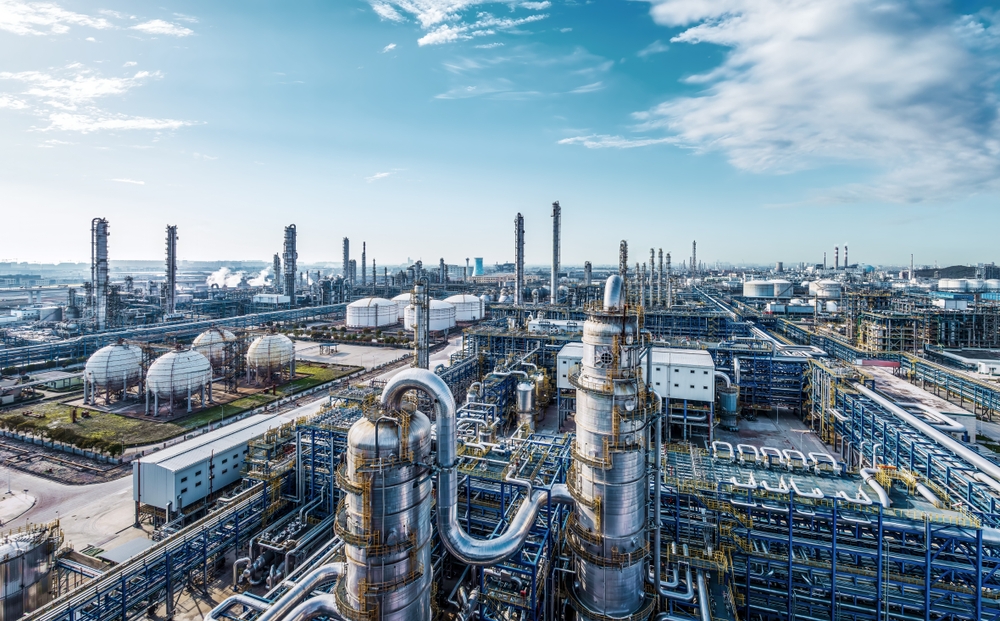The European Commission has published a comprehensive plan of action to revitalize and modernize the EU chemical industry in its bold efforts to maintain the future of Europe’s most important industrial sectors.
In the face of rising energy costs, lower demand and increasing global competition, the initiative sets out a strategic roadmap to strengthen the chemical sector’s resilience, accelerate innovation and promote green transitions.
The plan illustrates a vital step in protecting the role of the industry at the heart of the European economy. It supports everything from healthcare and clean technology to agriculture, defense and construction.
Stéphane Séjourné, executive vice president of prosperity and industrial strategy, repeated this sentiment.
“Today’s Action Plan on Chemicals is our business plan to ensure the future of this important sector in Europe. It includes all levers that will bring the sector back to the growth track to trade defence equipment to protect chemical businesses to ensure domestic demand created in Europe, from production support measures to maintain steam crackers and chemicals in Europe, from unfair global competition.”
Strengthen your competitiveness and strategic resilience
At the heart of the committee’s proposal is the creation of a key chemical alliance, which unites member states and industry stakeholders to prevent capacity closures, support critical production sites, and reduce external dependencies.
The Alliance coordinates EU and national investments, including key projects of General European Interest (IPCEIS), and coordinates targeting support for facilities supporting key industrial ecosystems.
To ensure fair global competition, the Commission will strengthen trade defense weapons and quickly apply measures that have been found to be dumped or distortions in foreign countries.
Monitoring of chemical imports will be strengthened through the existing import monitoring task force, which will help protect domestic producers from unfair practices.
Accelerating energy costs and decarbonization
Recognizing the chemical industry’s reliance on affordable and consistent energy supplies, the committee is rapidly tracking affordable energy action plans.
The strategy includes new rules to expand the use of low-carbon hydrogen, as well as updates to intervene in the aid framework, allowing more chemical producers to benefit from lowering electricity prices by the end of 2025.
Further decarbonization efforts focus on promoting the use of clean carbon sources such as carbon capture technologies, biomass and waste.
Public consultations have also begun on progress in chemical recycling, strengthening the EU’s push towards a circular economy.
Innovation and the promotion of clean technology markets
To stimulate the demand for sustainable chemicals, the action plan will introduce financial incentives and tax cuts.
It also paves the way for future industry decarbonisation accelerators Act, which sets sustainability and EU content rules designed to expand the clean technology market.
New legislative initiatives, including the Circular Economy Act and Updated Bioconomy Strategy, aim to increase resource efficiency, support chemical recycling, and expand the market for bio-based and recycled alternatives.
The committee will also deploy EU innovation and alternative hubs and invest new funds under Horizon Europe (2025–2027) to accelerate the development of safer and sustainable chemical alternatives.
PFA and environmental protection measures crackdown
The committee has doubled its commitment to limit harmful Pathfluoroalkyl substances (PFAs).
Science-based proposals notified by the European Chemical Agency (ECHA) will advance quickly. If PFA is essential and there is a lack of replacement, a highly regulated exemption applies.
The funds are also directed towards restoration efforts and innovations in safer exchanges, supporting the principle of “polluter payments.”
Simplifying regulations and ECHA reform
In its regular action to facilitate compliance, the Commission adopted the sixth simplified omnibus to streamline laws in the EU chemicals industry.
Important changes include clearer hazardous labeling rules, simplified cosmetic regulations, and requirements for harmony of fertilizer products. These reforms are expected to save more than 360 million euros per year in the chemical industry.
Additionally, the revised ECHA Basic Regulations will improve the agency’s ability to manage growing missions across everything from chemical classifications to biological products, dangerous imports, and environmental protection.
The foundations of the economic future of Europe
As the backbone of the European manufacturing ecosystem, the chemical industry provides key materials for sectors such as healthcare, defense, cleantech, construction and agriculture.
With this comprehensive plan of action, the Commission demonstrates its commitment to securing the future of the industry as a sustainable, innovative and globally competitive force in the 21st century.
Source link

